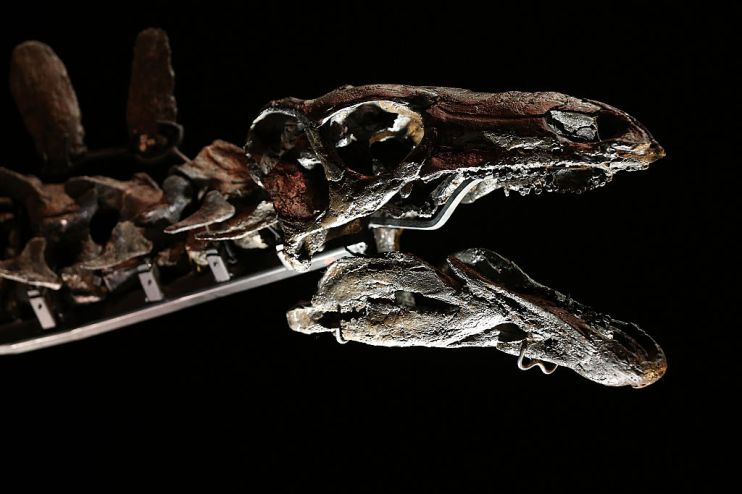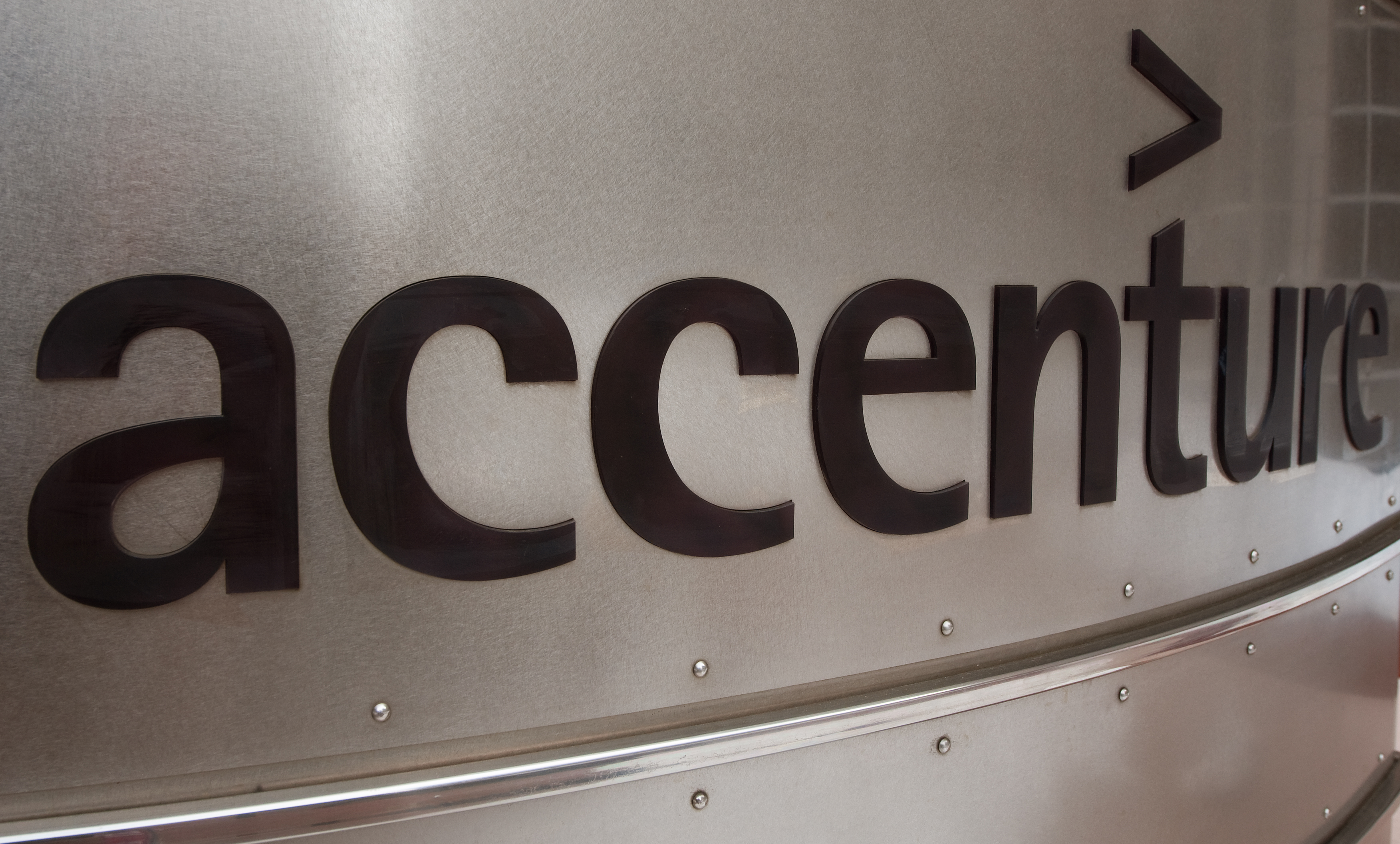Is the future of the Big Six advertising agencies under threat?

Navel-gazing about the future is becoming increasingly fashionable in adland.
The last few years have been tricky for the industry, as profits have faltered and clients have demanded more and more of the major players. It has led to concerns that the Big Six, the marketing giants which have dominated the sector for the last few decades, are losing their grip.
These concerns were reignited last week, when British ad giant WPP reported a 1.6 per cent fall in revenue for 2019. Shares crashed, losing more than one sixth in value to hit their lowest price in eight years. After initiating a turnaround plan following his appointment nearly 18 months ago, “2020 was supposed to be the year when chief executive Mark Read really started to deliver,” says AJ Bell analyst Russ Mould. “But the market’s patience appears to have snapped.”
It is a situation playing out across the globe, as the Big Six struggle to navigate an increasingly fluid marketing landscape. Four of them — Japan’s Dentsu, France’s Publicis and Havas, as well as WPP — suffered declining revenue last year. Only US giants Omnicom and Interpublic bucked the trend.
This change in scenery has been driven in part from adverts seeping across the ever-growing profusion of digital media, with clients subsequently demanding work of unprecedented breadth and complexity from agencies. New disciplines such as programmatic advertising — which automates the process of buying and selling online ad space — have disrupted traditional campaign models to the extent that, in some cases, clients have thrown in the towel and pulled their marketing operations in-house. Netflix, Kellogg’s, and Unilever are just a few of them.
“Most big agencies have maintained their traditional methods without evolving them, nor investing in people,” says Job Plas, director of industry relations at adblocking software company Eyeo. “As a result, advertising has become too systematic and lost its focus on the consumer.”

It is hardly surprising that the holding companies have struggled to adapt; for 20 years, their stranglehold was such that, until recently, it was unthinkable that new kids on the block could disrupt the status quo. But new challengers are coming from unexpected directions. Firms like Accenture and the consultancy arms of PwC, IBM, and Deloitte have muscled in, using their data analytics capabilities to solve business problems which traditional advertising cannot. With combined revenue stretching well into the tens of billions, the companies have also extended their offerings to include creative services and content marketing — setting up an almighty turf war between them and the agencies.
Moreover, the Big Six are getting a reputation of being oversized for what they are able to offer. In some cases, the smaller scale and platform-specific expertise of boutique agencies has allowed challengers to experiment with new ways of running campaigns. “Many are able to serve clients flexibly,” says Christian Polman, chief strategy officer of agency Ebiquity, “which is giving rise to hybrid models where brands own some elements of marketing in-house while agencies refocus on the pieces they can do well.”
Polman does admit though, that there is still significant merit to the holding company model. “Boutique agencies cannot as easily scale their operations in the same way the network agencies can, nor do they offer the same range of capabilities.”
This is a view shared by Fergus Hay, chief executive of agency Leagas Delaney, who adds: “If the big networks can re-align their interests to that of their clients and keep on innovating, then they have incredible horsepower at their fingertips.”
This cache which the Big Six hold onto is also evident in the fact that, despite the buzz, consultancies are not poaching their biggest clients — yet. Thomas Singlehurst, an analyst at Citi, says that so far, Accenture and co have had “a pronounced lack of success” in winning large accounts held by ad agencies.
Nevertheless, consultancy revenue “appears to be growing fast while the agencies’ growth has struggled”, he adds. The challenge is palpable enough that WPP’s Read admitted last week that the industry “has never been more dynamic and complex.” However, clients need advertising expertise “more than ever,” he maintained. That may be so — but whether that expertise will continue to come from the traditional ad agencies is another matter entirely.